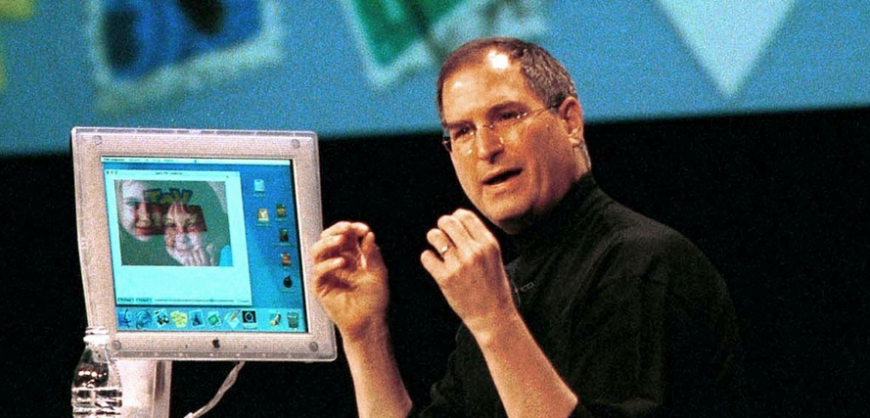It’s been more than a decade since we lost Steve Jobs, the mastermind behind some of the biggest technological innovations in history. He lost his battle with pancreatic cancer in 2011, and would have been 69 years old today.
Jobs’ outsized influence as Apple’s leader left a lasting impression on managers and employees alike. But one of his most unwavering beliefs might surprise leaders who aspire to success as great as the Apple cofounder.
When Jobs and Apple’s other cofounders, including Steve Wozniak, first realized how big their company would be, they decided to go out and hire what they called “professional management,” or folks who just knew how to manage people. But it quickly backfired.
“It didn’t work at all,” Jobs said in a 1985 interview. “Most of them were bozos. They knew how to manage, but they didn’t know how to do anything.”
Jobs’ comment gets at the crux of a central debate in management: whether managers should actually want to be managers or not. Jobs argued the people who were least expecting to be leaders ended up being the best managers in the long run. That’s because other employees were more likely to actually learn something from them because they’ve mastered that skill—rather than only focusing on management techniques.
“Worst-case” climate predictions are “no longer plausible”, study suggests
Great individual contributors make great managers
That’s the first of Jobs’ best management tips: elevating the people to management who perform at the highest levels.
“You know who the best managers are. They’re the great individual contributors who never ever want to be a manager, but decide they have to be a manager because no one else is going to be able to do as good a job as that,” Jobs said in the same interview.
Jobs took a gamble on Debbie Coleman, a member of the Macintosh team who was 32 years old at the time he promoted her. She studied English literature in college, but earned her MBA from Stanford University and proved herself to be an exceptional financial manager.
Continue here: Fortune




































